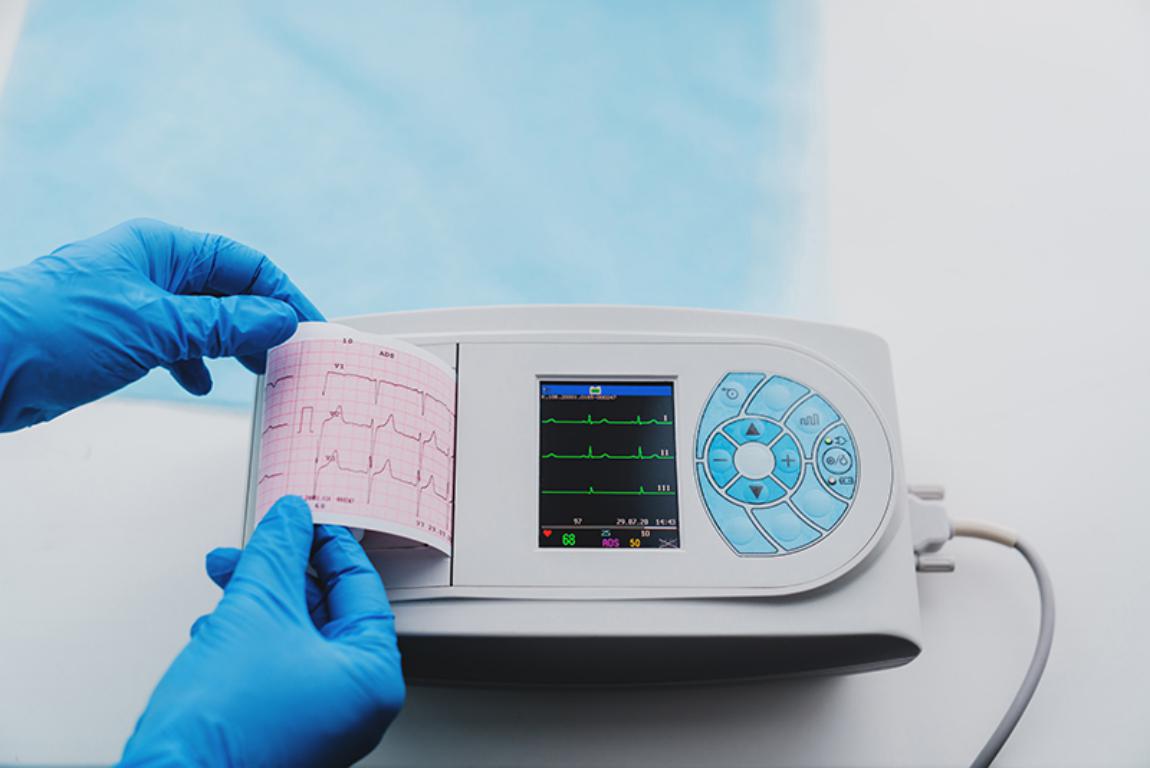Bio-degradable cards
Every card imaginable!
|
Bio-degradable cards Every card imaginable! Atrial Fibrillation Key Facts and Answers
Understanding Atrial Fibrillation
What is atrial fibrillation?Atrial fibrillation is an irregular and often rapid heart rhythm disorder, where the heart's upper chambers (the atria) beat chaotically instead of in a regular rhythm. This causes inefficient blood flow, which increases the risk of strokes, heart failure, and other heart-related complications.
What causes atrial fibrillation?Several factors can cause atrial fibrillation, including high blood pressure, heart valve disease, and coronary artery disease. Other conditions like obesity, sleep apnoea, and excessive alcohol consumption can also contribute. In some cases, no specific cause is found, but the risk increases with age.
What are the symptoms of atrial fibrillation?The symptoms vary between individuals. Some people experience noticeable symptoms such as palpitations, dizziness, shortness of breath, and fatigue, while others may have no symptoms at all. This can make it difficult to detect in some cases, requiring medical tests for confirmation.
Is atrial fibrillation a serious condition?Yes, it can be. Although it isn’t always immediately life-threatening, it significantly increases the risk of stroke, as blood clots can form in the heart and travel to the brain. Additionally, it can lead to heart failure if left untreated. 
Diagnosing and Treating Atrial Fibrillation
How is atrial fibrillation diagnosed?Doctors diagnose atrial fibrillation through a combination of medical history, physical examination, and tests like electrocardiograms (ECGs) to monitor the heart’s electrical activity. In some cases, wearable devices or monitors are used to detect irregular rhythms over time.
What are the treatment options for atrial fibrillation?Treatment for atrial fibrillation focuses on controlling the heart rate, restoring a normal rhythm, and preventing strokes. Medications like beta-blockers and anticoagulants are often prescribed, while procedures like electrical cardioversion or catheter ablation may be used in more severe cases to restore the heart’s normal rhythm.
Can lifestyle changes help manage atrial fibrillation?Yes, lifestyle changes play a significant role in managing atrial fibrillation. Maintaining a healthy weight, reducing alcohol intake, quitting smoking, and exercising regularly can all reduce the risk of episodes. Additionally, managing underlying conditions like high blood pressure or diabetes is crucial for overall heart health.
What is catheter ablation, and how does it work?Catheter ablation is a minimally invasive procedure used to treat atrial fibrillation by destroying the small areas of heart tissue responsible for causing abnormal electrical signals. This is done by threading a catheter through a vein to the heart and using heat or cold energy to target and scar the problematic areas. It is often used when medications are ineffective. 
Risks and Long-term Management of Atrial Fibrillation
What is the risk of stroke with atrial fibrillation?People with atrial fibrillation have a significantly higher risk of stroke. The irregular heart rhythm can cause blood clots to form in the heart, which can then travel to the brain, causing a stroke. This risk is why blood-thinning medications are often prescribed as part of the treatment plan.
Is atrial fibrillation curable?Atrial fibrillation is not typically curable, but it can be effectively managed. Many patients live long, healthy lives with the right treatment. In some cases, procedures like catheter ablation may reduce or eliminate symptoms, but ongoing management is often necessary to prevent recurrence.
What are the long-term effects of living with atrial fibrillation?The long-term effects vary depending on how well the condition is managed. If untreated, atrial fibrillation can lead to complications such as heart failure or an increased risk of stroke. However, with proper treatment and lifestyle changes, many people can live normal, active lives with minimal disruption.
How often does atrial fibrillation recur after treatment?Atrial fibrillation can recur after treatment, especially in cases where lifestyle factors like obesity or sleep apnoea are not well managed. Procedures like ablation have a higher success rate in reducing recurrence, but ongoing medication and monitoring are often required. 
Living with Atrial Fibrillation
Can atrial fibrillation cause other health problems?Yes, if not properly managed, atrial fibrillation can lead to a range of health issues. The most severe risks include stroke and heart failure. Additionally, it can contribute to chronic fatigue and reduced quality of life if the symptoms are frequent or severe.
Can I exercise if I have atrial fibrillation?Exercise is generally encouraged for people with atrial fibrillation, but it’s important to do so under medical guidance. Moderate exercise can improve heart health and reduce symptoms, but strenuous activity may trigger episodes in some individuals. Always consult with a healthcare professional before starting or modifying an exercise routine.
Is stress a trigger for atrial fibrillation?Yes, stress is a known trigger for atrial fibrillation in some individuals. Both physical and emotional stress can contribute to episodes, as they increase the heart’s demand for oxygen and disrupt normal electrical signals. Managing stress through relaxation techniques and a balanced lifestyle can help minimise episodes.
Are there any dietary restrictions for people with atrial fibrillation?While there isn’t a specific diet for atrial fibrillation, certain foods and substances should be avoided or limited. High salt intake can raise blood pressure, which worsens the condition. Excessive caffeine and alcohol may also trigger episodes. A heart-healthy diet rich in fruits, vegetables, whole grains, and lean proteins is generally recommended.
© 2024 The Card Project Uk Ltd
VAT: 453 2087 06
|